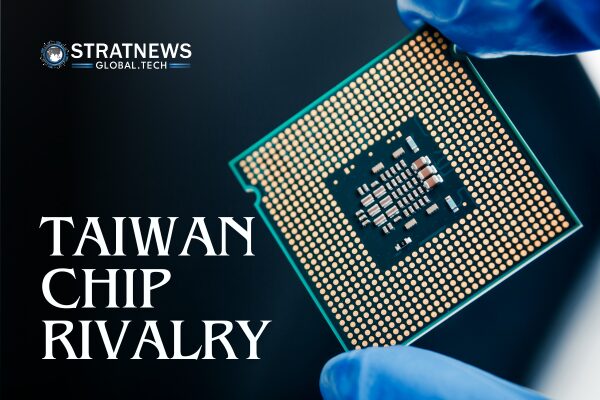Taiwan’s Chipmakers Faces Fierce Competition from Chinese Rivals
Taiwan’s Chipmakers once hoped its partnership with the Chinese city of Hefei would offer better access to China’s growing market. However, nine years later, the deal has created a formidable rival—Nexchip. Once a promising business venture, Nexchip has become one of Powerchip’s toughest competitors in the legacy chip sector.
Chinese foundries, including Nexchip, Hua Hong, and SMIC, are expanding aggressively in the $56.3 billion legacy chip market, which focuses on older technologies like 28-nanometre chips and larger. This shift has triggered an investigation by the Biden administration and raised concerns in Taiwan’s semiconductor industry.
Chinese Foundries Seize Market Share
The rise of Chinese foundries is threatening Taiwan’s long-held dominance in the legacy chip market. Key Taiwanese players such as Powerchip, UMC, and Vanguard International are under pressure as Chinese manufacturers offer lower prices and expand their production capacity.
Frank Huang, chairman of Powerchip, said the company must evolve to survive in this competitive landscape. “Mature-node foundries like us must transform, or Chinese price cuts will push us out,” Huang stated.
UMC is partnering with Intel to develop more advanced chips and reduce reliance on legacy chip production. Meanwhile, Vanguard International declined to comment on the situation.
Strong Backing Fuels Chinese Expansion
Blocked by US restrictions from developing high-end chip technology, Chinese foundries have focused on legacy chips. Backed by substantial funding from Beijing, they accept lower profit margins and undercut Taiwanese rivals.
China’s capacity for mature-node chip manufacturing grew significantly, with its share reaching 34% in 2024, compared to Taiwan’s 43%, according to TrendForce. By 2027, China’s share is expected to surpass Taiwan’s. A report by SEMI forecasts that 57 out of 97 new semiconductor fabrication plants opening between 2023 and 2025 will be in China.
Taiwanese chip designers have noted a rise in demand from Chinese customers to produce chips locally. Chinese state-linked firms, such as China Mobile and China Telecom, have also increased requirements for the use of domestically made components.
Shifting Strategies Amid US-China Trade Tensions
The ongoing trade tensions between the US and China could offer Taiwanese firms some relief. US policies aiming to curb China’s chip development and worsening relations between China and other countries have prompted customers to diversify their supply chains.
Powerchip’s Huang said the company is shifting its focus from display driver and sensor chips, widely used in China, to advanced technologies like 3D stacking. This technique integrates logic and memory chips, improving performance and reducing energy use.
Taiwanese chip companies are also receiving more orders from international clients who prefer their chips not be made in China. “Customers don’t want ‘Made in China’ chips,” said an executive from a Taiwanese chip design firm.
With China’s rapid growth in the legacy chip sector and increasing geopolitical pressures, Taiwanese companies must adapt quickly to secure their place in the global semiconductor market.
with inputs from Reuters


